
Opportunity for Eternity
The way to change the world begins with changing ourselves, to becoming more sensitive and aware of the needs of those around us...

“All who have compassion on Hashem’s creatures are the recipient of Hashem’s heavenly compassion” (Mesechet Shabbat 151b).
Every Tuesday afternoon a small group of women in my neighborhood get together to listen to a Torah class delivered by guest speakers, usually one of the local teachers or Rebbetzins.
Last Tuesday afternoon the speaker, a young high-school teacher, told a story that she had heard on a tape by Rabbi Piltz, the Rosh Yeshiva of Tifrach Yeshiva near Beer Sheva. It’s a story that I would like to share with our readers.
Several years ago an anonymous tourist was tragically killed while crossing a busy intersection in a European city. The police ordered an autopsy to determine the exact cause of death. Someone who was present at the time of the accident noticed the number tattooed onto her forearm, and alerted the Jewish community.
Although no one in the community knew this woman’s identity, they did know that she was Jewish and that she had paid dearly for the right to be a Jew. They were not about to allow her body to be needlessly mutilated by an autopsy. Several community leaders approached the police and explained to them the Jewish outlook on the holiness of the body after death. They said, “This woman miraculously survived the Death Camps. Now let’s give her the honor of a proper Jewish burial. Let her be buried as a Jew – a complete Jew.”
The police officer in charge of the case was touched enough to cancel the autopsy. Meanwhile, with a bit of research, members of the community learned the woman’s name and address and tried to contact her family. She had none.
A meit mitzvah! The Torah commands us to bury a person who has no relative to bury him. The entire Jewish community wanted to participate in such a tremendous mitzvah. Hundreds of people – men, women and children—attended the funeral of this anonymous woman, who had no one in the world, and whom no one really knew. Several leading rabbis in the community eulogized her, and she was buried in the section of the cemetery designated for rabbis and community leaders.
Mr. Schwartz [pseudonym], a prominent member of the community, wondered about this woman’s identity. Who was she, and why did she deserve such a funeral? He made inquiries and discovered that this woman had never married and that she was a simple clerk who stayed out of the limelight. She was not religious and had almost nothing to do with the Jewish community.
But why did she deserve such a funeral? Mr. Schwartz was perplexed, and continued his investigation. He came up with nothing. It seemed that Ms. Anonymous was a simple woman who, other than the years she had spent in a Concentration Camp, had led a dull, unexciting life.
Eventually Mr. Schwartz found an elderly man who remembered this woman from before the war. The elderly man recalled that even then she had not been religious. He remembered her as a simple, unassuming woman — nothing extraordinary.
Mr. Schwartz was even more perplexed. It just didn’t make sense. What did this woman do to deserve such a display of honor at the end of her life?
A few days later, the elderly man contacted Mr. Schwartz. Yes, he remembered one extraordinary deed that the woman had done. It was during the horrific years of the holocaust, when people were dying like flies, and dead bodies were strewn everywhere. Despite her own weakness and exhaustion, this anonymous woman had buried the dead with her own two hands. Rather than leave the bodies to rot, she had dug pits and provided the martyred Jews with a burial.
The woman in the above story displayed tremendous compassion intertwined with courage to provide her fellow Jews with the dignity of a burial. She was thus spared the disgrace of an autopsy, and was honored to have an entire Jewish community accompany her on her final journey.
Now, during the days leading up to Rosh Hashanah and Yom Kippur, as we are preparing for our personal judgment before the Creator of all creations, we are searching for Hashem’s compassion. We want Him to have compassion on us. We want Him to see our good points, so that we will be written in the Book of Life and Blessing. The Gemarah states, “All who have compassion on Hashem’s creatures are the recipient of Hashem’s heavenly compassion” (Mesechet Shabbat 151b). Compassion towards others is the key to meriting Hashem’s compassion.
We are commanded to walk in Hashem’s ways, which means to emulate the Almighty. Just as He is compassionate, we, too should be compassionate – and by doing so, we will merit Hashem’s bountiful mercy.
What better preparation for the Days of Awe! Yes, we need prayer, introspection, teshuva, but at the same time we must find ways to act upon our beliefs, to put into action those lofty concepts, to literally walk in Hashem’s ways.
Since I am a pragmatic person, and am always looking for ways to bring the things I learn into my everyday life, here’s a few quick ideas of how we can show rachamim, compassion to our fellow man without changing our entire life around and becoming another Florence Nightingale.
- Wish your spouse good morning!
- Feed your family a nutritious meal.
- Spend time with your children; take them to the park and have fun with them.
- Tell your kids a story.
Huh! I thought this article was about such lofty concepts as walking in Hashem’s ways. What does my family have to do with that?
But ladies (and gentlemen, if there are any out there reading this…) that’s the whole point! Our family also falls under the category of “Hashem’s creatures.” Yes, of course we should extend ourselves to help people outside of our immediate family circle, but — and this is a very important but — only if we can do so without taking away from our first responsibility, our husbands and children. Yes, of course, if we can volunteer at the hospital without leaving our children to fend for themselves then yes, please, that’s a very important mitzvah, and with some creativity, we can often find ways to pull it off [As a youngster I looked forward to accompanying my mother on her weekly visits to the Old Age Home. The elderly people adored me, and I basked in their warmth! My mother had a mitzvah, and I had fun!]. But we can only do it if it does not come at the expense of being a wife and mother, our first priority, and yes – here comes the lofty part – our God-given opportunity to emulate Hashem through being compassionate toward our loved ones (after all, aren’t we also Hashem’s loved ones?).
But what about helping others? Below are a few ideas of how, in our everyday life, without taking time away from our other responsibilities, we can act with compassion:
- When you hear an ambulance rushing a sick person to the hospital, recite a prayer for that person’s welfare.
- Smile at your neighbor and greet her with a cheery “hello.”
- Let the old lady with a bottle of milk go ahead of you in the supermarket.
- Put in a quarter when you see that someone’s parking meter is about to expire.
- Move over on the park bench to let someone else sit down.
- Introduce yourself to the new neighbor, and offer important information about the neighborhood.
The possibilities are endless. But it’s the little things that count; keeping our eyes open to look for the tiny opportunities for eternity. The way to change the world begins with changing ourselves, to becoming more sensitive and aware of the needs of those around us.
May this month be a month of growth and sincere teshuva for all of us, and may we merit to be written in the Almighty’s Book of Life and Blessings.
***
More of Debbie Shapiro’s stories can be found in Bridging the Golden Gate



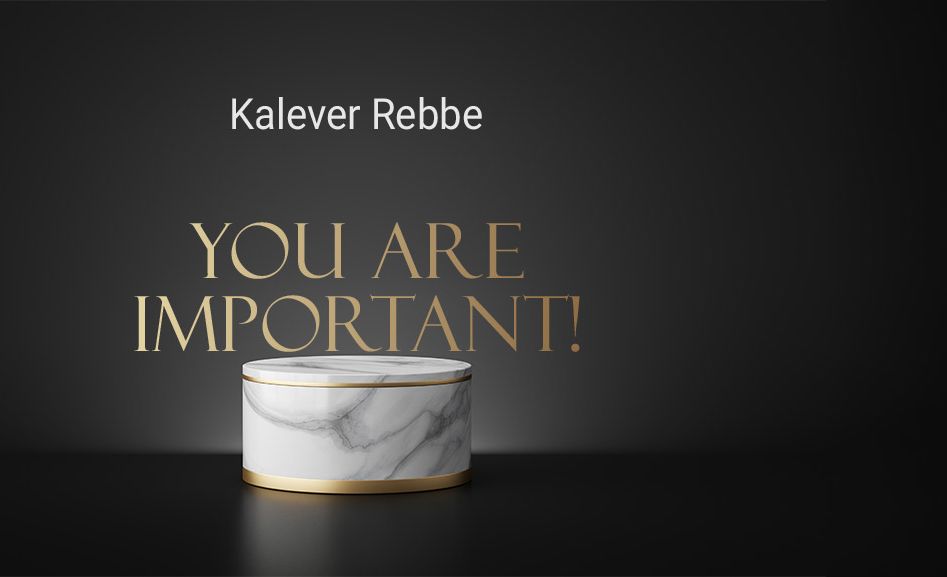
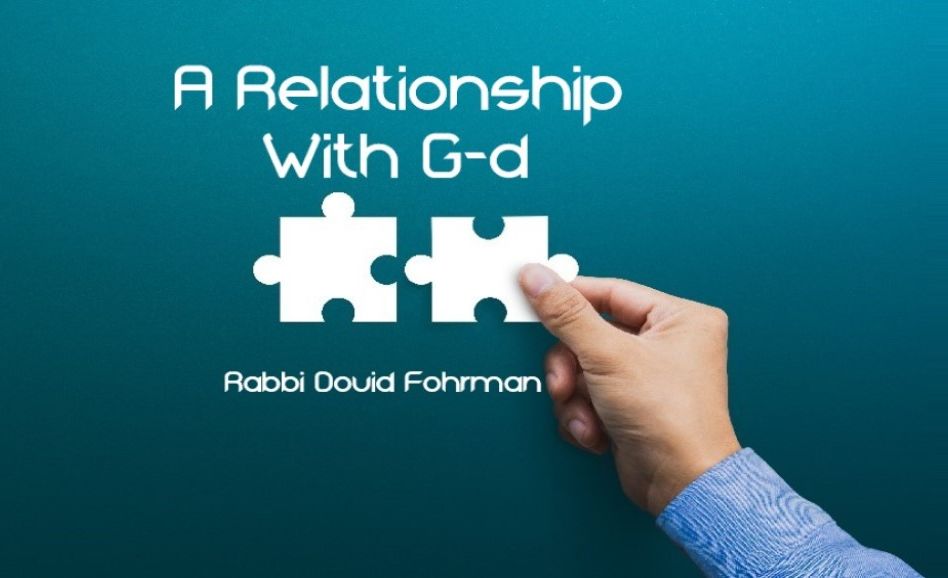
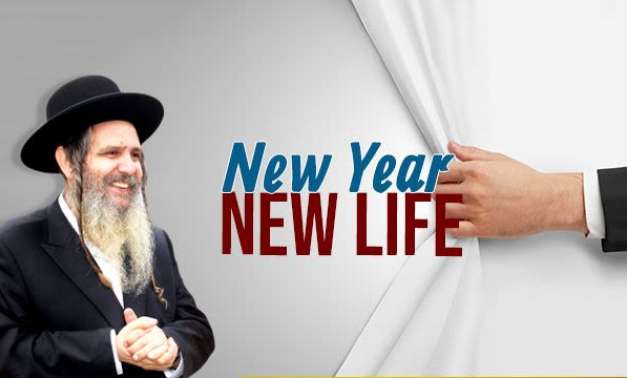
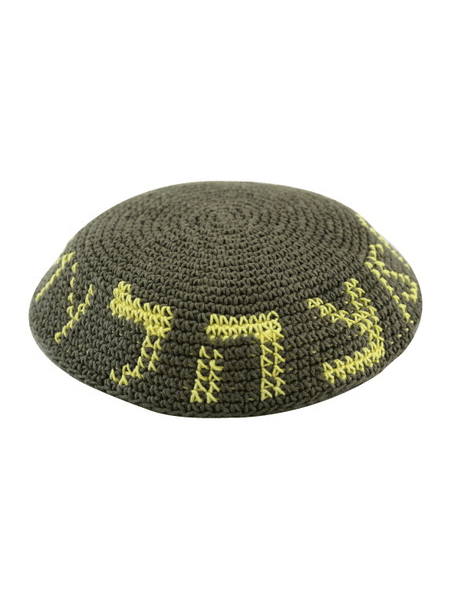


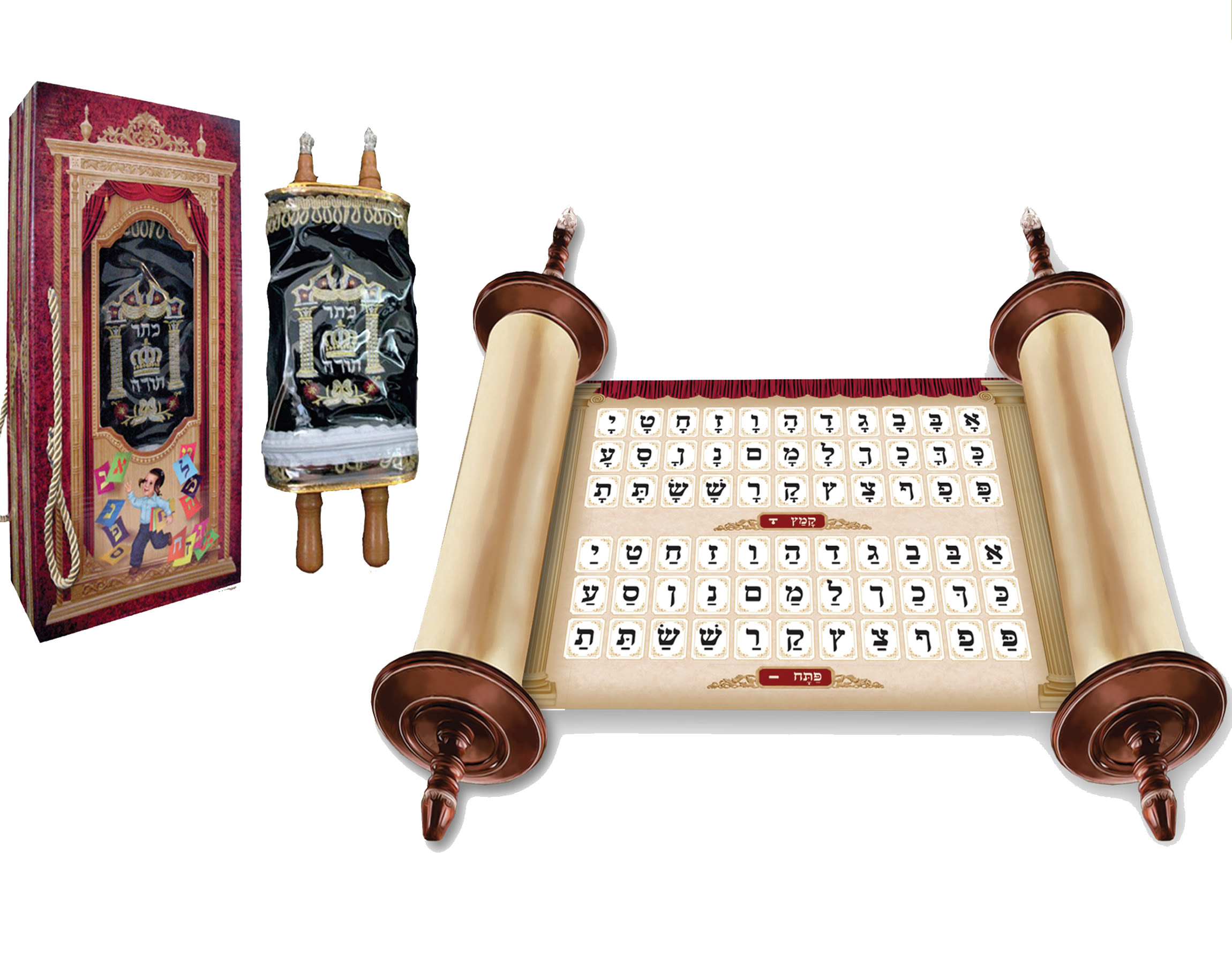
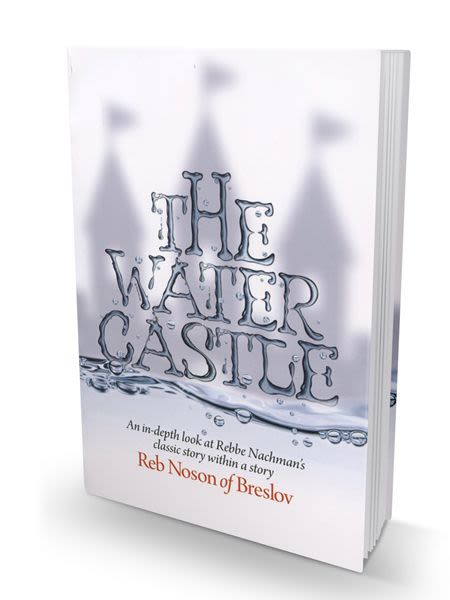
Tell us what you think!
Thank you for your comment!
It will be published after approval by the Editor.